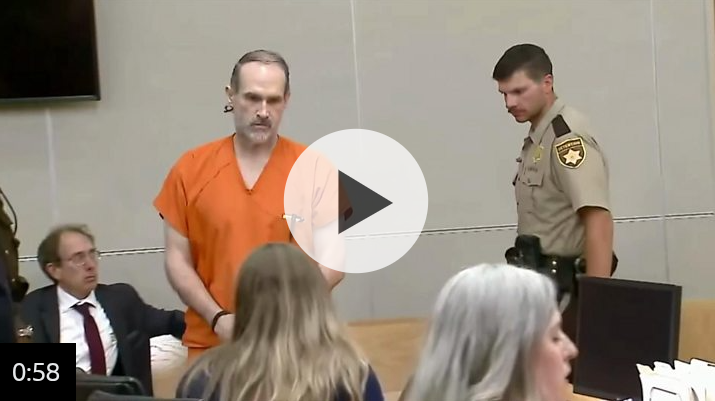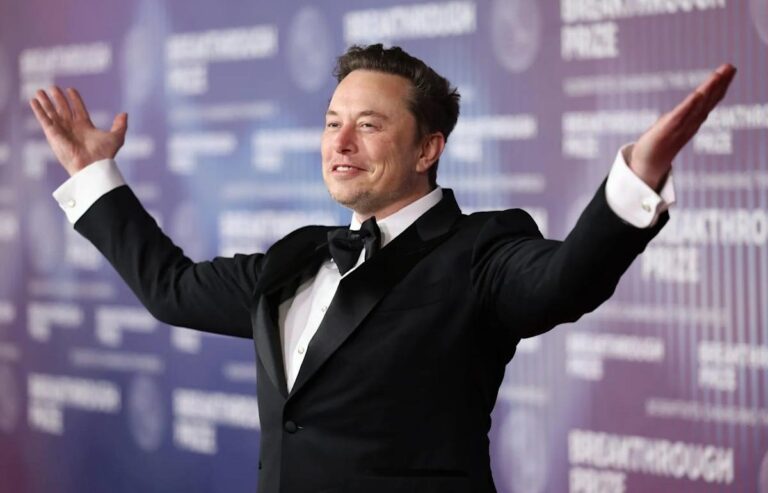In a bold and urgent appeal, Ukrainian President Volodymyr Zelensky has demanded a complete and unconditional stop to hostilities, underscoring the dire need for peace amid the ongoing conflict. His statement, described by many as both decisive and desperate, comes at a time when the toll of war continues to rise, with devastating consequences for civilians and military personnel alike. By calling for an “immediate, full, and unconditional ceasefire,” Zelensky signals a pivotal moment in the ongoing struggle — one that emphasizes diplomacy over destruction.
Zelensky’s plea is not just a formal political gesture; it is a reflection of the human cost that the war has inflicted on Ukraine and its people. Cities have been shattered, families displaced, and critical infrastructure reduced to rubble. The Ukrainian leader’s call seeks not only to pause the violence but also to create space for meaningful dialogue that could steer both sides toward a lasting resolution. His tone conveyed urgency, responsibility, and a willingness to prioritize humanitarian needs above strategic ambitions.
The president’s demand also resonates with growing international pressure for de-escalation. Global leaders, humanitarian organizations, and concerned citizens around the world have increasingly voiced their support for a cessation of violence. Zelensky’s words may serve to galvanize these sentiments, potentially influencing broader diplomatic efforts. His request highlights the fragility of the situation and the potential for diplomacy to intervene before further irreversible damage occurs.
This latest development adds to the complex dynamics of the conflict, with Zelensky positioning Ukraine as both a defender of its sovereignty and a proponent of peace. His approach reflects a recognition that while military resilience is essential, the true victory lies in safeguarding lives and restoring stability. The appeal for an immediate end to fighting could mark a turning point — a moment where the rhetoric of war begins to shift toward reconciliation and rebuilding.
Ultimately, Zelensky’s call for a ceasefire serves as a sobering reminder of the stakes involved. As battles rage on and the geopolitical landscape remains tense, his voice cuts through the noise with a simple yet powerful message: it is time to stop the suffering. Whether this plea will be answered remains uncertain, but its echo is undeniable — a call for peace in a time of turmoil.



